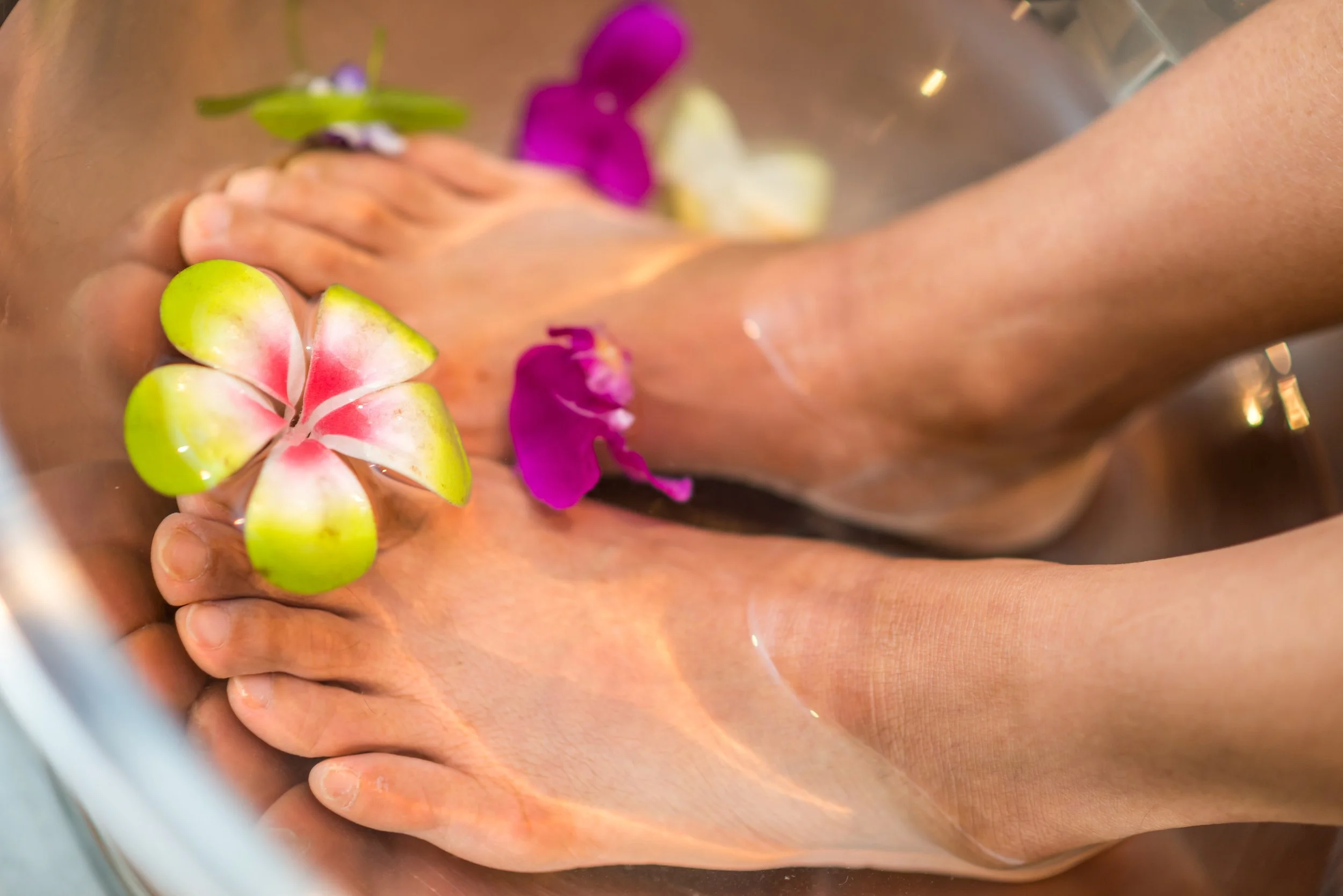Diabetic Foot Care
Diabetes is notoriously dangerous to your feet sometimes, even a small cut can have serious consequences. Diabetes can damage the nerve endings in your feet, making them less sensitive to temperature or pain. Blood flow to your feet may also be diminished, which makes it harder for them to heal or the blood to resist infection.
Due to your foot's reduced sense of feeling, you may not be aware of a foreign object in your shoe or a cut or injury you have sustained. This could lead to problems such as blisters, sores, and infection, which intern could cause you to be at an increased risk of needing amputation.
Preventing foot problems before they occur is the best possible treatment. Healthy feet start with good foot hygiene and a regular foot inspection. If you take care of your feet and check them regularly, it will reduce your risk for foot problems in the future.
Here are a few simple tips to avoid serious foot problems that could result in a lot of pain or, worse, amputation.
Inspect your feet daily - Check for cuts, blisters, redness, swelling or nail problems on your feet. Keep an eye out for anything especially concerning or that doesn't feel quite right. If you notice any of these symptoms, visit a podiatrist as soon as possible.
Bathe feet in lukewarm water - It's important to keep your feet clean in order to prevent infection. One way is by washing your feet daily with lukewarm water. You should not use water that is too hot as you could burn your feet. You should wash your feet thoroughly with a soft washcloth or sponge, dry by carefully blotting or patting your feet, ensuring you dry between your toes.
Moisturises your feet but not between your toes - Use a moisturiser daily on your feet to keep from getting dry skin. This will also help to prevent the skin from itching and cracking, which can be a gateway for infection. You should not put the moisturiser between your toes as the moisture can sit there and encourage a fungal infection.
Cut nails carefully - Cut your nails straight across and file the edges. Be careful not to cut your toenails too short. Toenails that have been cut incorrectly could lead to an ingrown toenail, which can be painful to treat. If you have concerns about your nails, we offer an express nail cut and shape service to ensure that your nails are cut correctly and will not lead to an ingrown toenail.
Never treat corns or calluses yourself - Never attempt to treat your corns or calluses yourself. Bathroom surgery and medicated pads will most often cause more harm than good. If you have a corn or callus, you should see a podiatrist to have them removed professionally, we can also advise you on how to prevent them in the future.
Wear clean, dry socks - This one is short and sweet; change your socks daily and ensure you are wearing clean socks. We recommend moisture-wicking socks. You can also get socks that have been specifically designed for people with diabetes; they have a little extra cushioning and don't have elastic tops.
Shake out your shoes and feel the inside before wearing - Inspect your shoes before you put them on. Your feet may not be able to feel anything that could cause an injury so it's best to check before you head out the door.
Keep your feet warm and dry - Try not to let your feet get too wet in the snow or rain; if they do, dry them carefully and change your socks!
Consider using an antiperspirant on the soles of your feet - This can be useful to help prevent excessive sweating of the feet
Never walk barefoot - Always wear footwear for your protection, even if you are at home. You could step on something, slip, or cut yourself on a sharp object if your feet are bare.
Stop smoking - Smoking can worsen the restriction of blood flow to your feet and, in turn, exacerbate any problems associated with diabetic foot care.
Most importantly - Get a periodic foot examination from a professionally trained, HCPC registered podiatrist. A podiatrist will notice any issues that you may have missed yourself.
If you would like to book an examination of your feet, we here at The Foot Lab Glossop would be happy to help. Contact us to book an appointment over the phone of you can book online.


